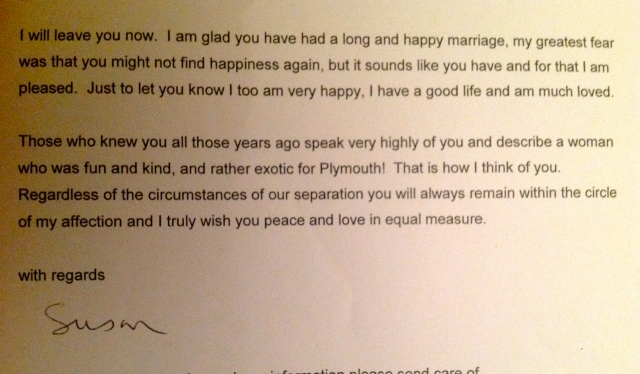Politicians to lead task force that will guide social workers in earning back public trust …… Really!
Forgive me, I almost choked on my coffee whilst reading a piece entitled ‘Social work needs to earn back public trust‘ on the Guardians Social Care Network.
The government has set up a task force to guide the social work profession on how to earn public trust. A stellar line up of politicians which include Michael Gove, Theresa May and Iain Duncan Smith, those well-known advocates of social work and those they work with. When did Politicians earn the right to pontificate on how a profession might earn public trust I wonder? I must have missed this whilst reading about the numerous promises this government has reneged on since the general election, and which clearly must have enhanced the publics trust in them …..
I am a tad perturbed the government seems to have ditched the comprehensive Munro Review, which provided a very balanced approach to reform that focused not just on social workers and their education but also the political and organisational contexts which also shape social work practice, and arguably go some way to explaining the current problems that bedevil the profession.
The piece suggests the new task force will focus on robust assessment of qualifying social workers involving employers, academics and those who use services …. ummm sorry to mention this, but I do not know of a qualifying social work programme that does not already do this. Social work programmes across the land expect students to pass a number of academic theory assignments and law based exams alongside practice based assessments which involve numerous observations of practice and a plethora of meetings and reports provided by employers, those who use services and academics commenting on the student’s performance and fitness for practice over a 2 or 3 year period.
The article goes onto suggest the social work profession needs to ask itself ‘why the college failed’ and ‘why the public mood’ supports changes in the law where social workers can be prosecuted for wilful neglect. In response to the first question, from my perspective, the reason I did not join the college is that I felt it represented the voice of the government not social workers. To the second comment I would hazard a guess that 30 years of inaccurate reporting in the media, oft-repeated by politicians, and flawed serious case reviews have played a part in the general publics perception of the profession.
Just read the book by Prof Ray Jones which looks at why politicians and the media were so keen to blame and vilify social workers and Sharon Shoesmith, Haringey’s then children’s services in the case of Baby P, to gain some insight into why the profession is held in such low esteem by the public, aided and abetted by the media and government I would suggest.
I was surprised the piece did not mention the problems with inadequate IT systems, how social work now operates in a call centre environment where workers hot desk and have limited contact with their peers, or how workers work in their cars, making phone calls in lay-bys on their mobiles because they cannot access secure office space. Nor does it mention the failing court system, or the outmoded model of fostering and adoption which is no longer fit for purpose and in many cases just adds to the trauma of already traumatised children’s lives, it fails to mention the knock on effect of welfare reform, the lack of affordable good quality housing or the deterioration in mental health support services to both adults and children, it does not dig deep into the effect on frontline service provision of high levels of stress related sickness and social work vacancies, or the impact of temporary agency workers in providing important continuity when working with children and families.
I have worked with hundreds of hard-working social work students, many of whom are accruing debts of up to £40,000 to become a social worker in children and family services. Despite public and government distrust, and potential imprisonment, they are committed to being the best social workers they can possibly be …. because of this I believe in social work. Time for another coffee I think …..





